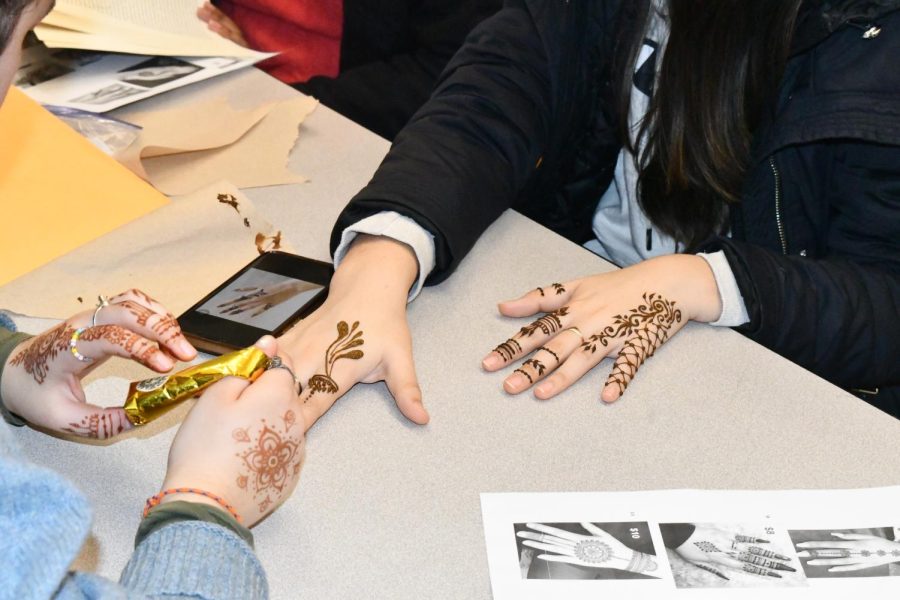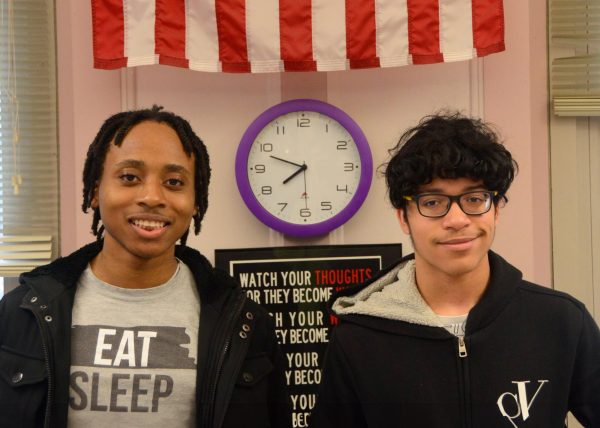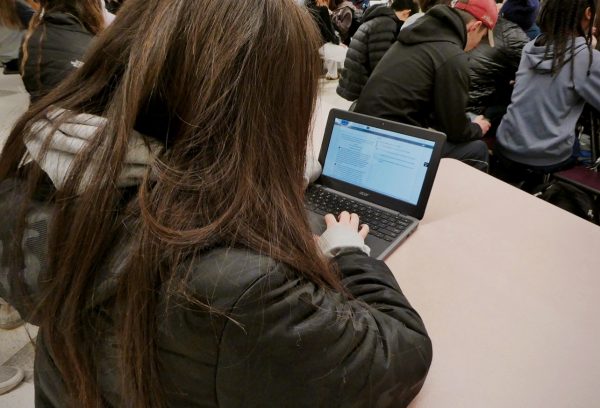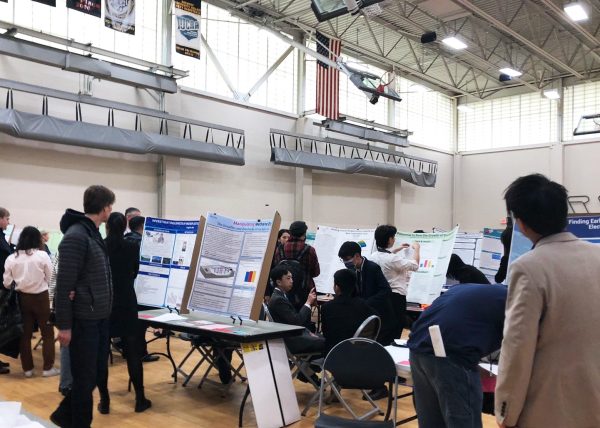BLS Desi(gns): Henna Week!
Throughout the week of March 7, Boston Latin School Desi, a club that promotes South Asian culture, hosted Henna Week to design hennas for students.
During Henna Week, students got a henna design of their choice drawn on their hands by student volunteers. For each design, the artists used an ink called henna, which is a plant-based dye created from a henna tree. The henna print costs five to ten dollars depending on the difficulty of the design. As the biggest annual fundraiser for BLS Desi, Henna Week helps to support schoolwide events, such as Asian Night.
This event attracted many artist volunteers for a wide range of reasons, with the most prominent one being that students were genuinely interested in this form of art. Henna Week artist Anna Wadsworth (I) shares, “I want to tattoo because I enjoy tattooing and body art a lot and would like to be able to give back the way that I’ve enjoyed all these years.”
With this event, BLS Desi sought to inform the school community about South Asian culture, as well as clarify any misconceptions abou henna. Most people associate henna with only Indian culture, but it is significant to South Asia as a whole. In these cultures, henna is often used for special events or holidays, such as weddings and Diwali — the Festival of Lights: in which people celebrate the victory of good over evil.
BLS Desi officer Tara Gipstein (I) explains, “It’s really important to us to show people what traditional henna looks like. And it’s actually not called ‘henna.’ It’s called ‘Mehndi.’”
Henna Week distinguishes itself from other events that design henna, which may not have any cultural purpose except to operate for profit or trendiness.
“This is cultural appreciation, not appropriation,” expresses Henna Week volunteer Anjuli Patel (IV).
Going forward, BLS Desi and its participants hope this tradition will continue for many years while maintaining its original intention and motivation.
Gipstein concludes, “I always hope that our events can be even bigger. So maybe [we will incorporate] multiple Henna Weeks throughout the year.”






